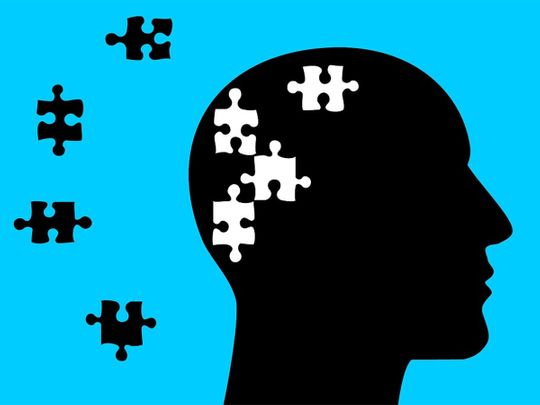
Dubai: The world’s travel and tourism industry – worst hit by the pandemic – need to bring in new mental ‘wellbeing’ guidelines to help employees cope with the terrible fallout. These are part of the updated Diversity & Inclusion Guidelines issued by the World Travel & Tourism Council (WTTC), which it says is needed to speed up the recovery.
As lockdowns, quarantines, job losses and uncertainty loom “larger than ever against the backdrop of winter”, mental health support must be given the space in “conversations around recovery”.
What are these guidelines?
According to WTTC, these are built on
• Developing a supportive system;
• Creating safe spaces;
• Support an agile system; and
• Exemplifying support for “good” mental health.
Need for safety nets
According to Gloria Guevara, President and CEO of WTTC, “The sector employs people from all socio-economic backgrounds regardless of age, gender or ethnicity, with almost 50 per cent of whom are women and up to 30 per cent youths.
“After nearly a full year of insecurity and hardship that has come from COVID-19, the time could not be more appropriate to invest in the mental well-being of this sector.
“Through its very nature, the travel and tourism sector is one that brings joy to people of all walks of life. It makes perfect sense for the sector to reflect these values within the workplace as well.”
Recent research from the Chartered Institute of Personnel and Development found more 95 per cent feel poor mental health affects their performance at work, while 85 per cent say it is difficult to concentrate when struggling with poor mental health, and 64 per cent feel that it takes them longer to complete tasks.
* Develop leave policies that offer equivalent time off and/or concessions for mental health and physical health - and without prejudice.
* Develop feedback systems that allow employees to share if and how the current systems are working well and not working well to meet staff needs.
* Foster an environment that respects the value of wellbeing, at all levels of the organisation, and does not ostracise those with mental health conditions whether common or less common.
* Consider incorporating intentional wellness elements in the design of new buildings, offices, locations, and/or spaces, where possible.
* Engage with like-minded businesses and associations to share best practice and improve support for and awareness of mental health.








